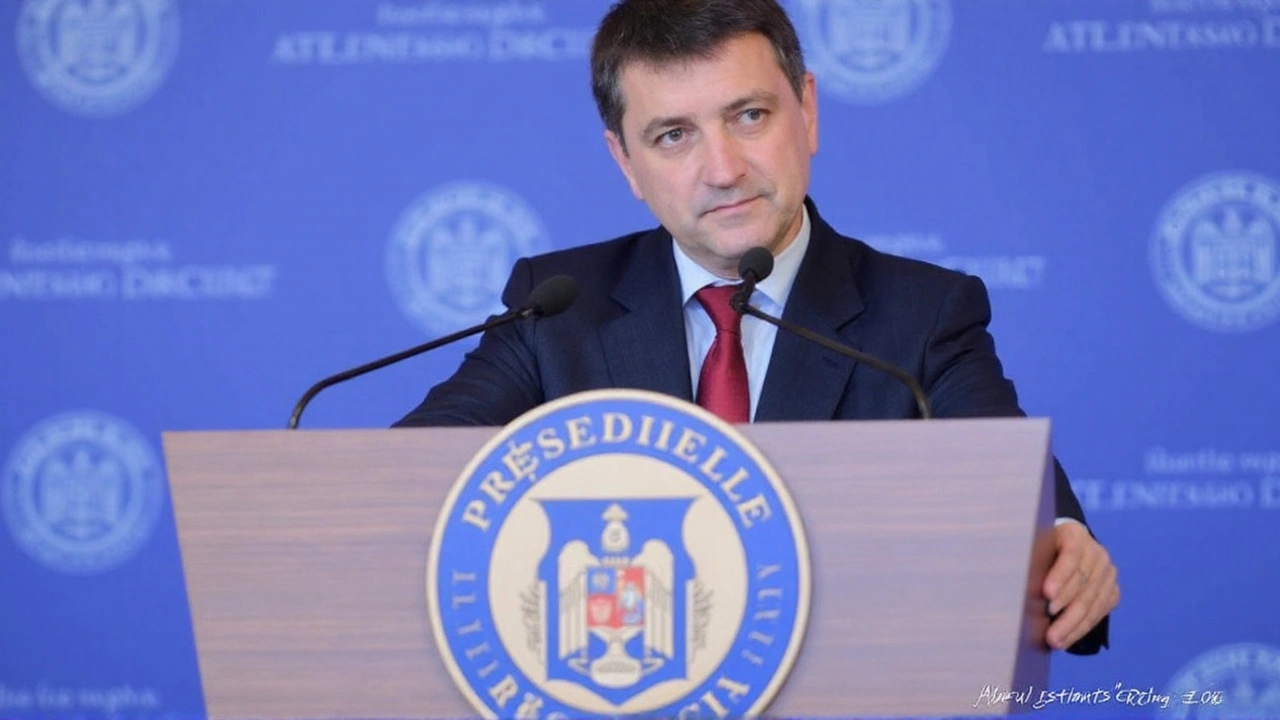A Nation Looks Back as Ion Iliescu Passes Away
Romania woke to a moment that seemed a long time coming: Ion Iliescu, often called the architect of modern Romanian politics, died at the age of 95. His death at Bucharest Hospital on August 5, after a struggle with lung cancer, didn’t just mark the end of a political life — it reopened debates that have hovered over Romania for decades.
President Nicușor Dan didn’t mince words in his first reaction. He said, “History will judge Ion Iliescu, the central figure of the 1990s transition.” Dan didn’t just praise or condemn; he stressed that, if Romania wants to really turn the page, it needs to face up to locked-away truths from the country’s tumultuous turn from communism.
If you grew up in Eastern Europe, Iliescu’s name carries baggage. In the chaos that followed the bloody 1989 revolution, which toppled Nicolae Ceaușescu, Iliescu emerged from the ranks of the former Communist Party to lead the newly-formed National Salvation Front (FSN). Just months after the collapse of the regime, he became president — guiding, or some would say tightly controlling, Romania’s path away from state socialism.
The Paradox of Iliescu: Reformer or Gatekeeper?
Iliescu held onto the presidency for almost a decade straight: 1990 to 1996, and again from 2000 to 2004. Under his watch, Romania took huge steps, like securing NATO membership in 2004, rebuilding global ties, and starting down the path to the European Union. But it was never a smooth ride.
To his supporters, Iliescu brought stability and steered a peaceful transition. He avoided the civil wars that tore Yugoslavia apart, or the chaos elsewhere. He opened the doors to a market economy — cautiously. But critics say he moved much too slowly. Massive state-run industries lumbered on, and true privatization was delayed as long as possible. Meanwhile, ex-communist officials quietly settled into new roles, keeping old networks alive. The word "reform" sometimes seemed to mean only as much change as Iliescu and his circle could control. To this day, younger Romanians debate whether he paved the way to democracy or smothered it with bureaucracy.
Legal questions have hung around Iliescu’s legacy like dense fog. After decades of silence, prosecutors charged him in 2018 with crimes against humanity, focused on his alleged role during the violent confusion after Ceaușescu’s downfall. Dozens died in street clashes, and the army was widely accused of shooting civilian demonstrators in the name of fighting supposed "terrorists." A drawn-out legal drama followed: trial dates, procedural hung-ups, cases dropped and re-opened. When he died, the central charges were still unresolved. It’s a limbo that mirrors how many Romanians feel about confronting their past.
Political analyst Cristian Pirvulescu described Iliescu’s death as closing an “essential and deeply controversial chapter” in Romania’s story. Pirvulescu and other observers point to the tension Iliescu embodied—one foot planted in the Communist structures, the other offering steps toward democracy.
- He steered the country into NATO, making defense alliances a reality.
- He faced anger over delays in economic reform and for not moving faster to clear out old regime figures.
- He maintained support in rural areas and among older voters, keeping a tight grip on power in the 1990s.
After the news broke, a wave of public and private statements landed. Former presidents Klaus Iohannis and Emil Constantinescu called him a “pivotal” but divisive leader. Ordinary Romanians, meanwhile, sounded off online, some expressing gratitude, many frustrated that so many questions — about who gave the final order to use force in 1989, about why some cases disappeared into bureaucratic black holes — will now simply go unanswered.
Ion Iliescu was always more than a politician. For some, he embodied hope for a fresh start. For others, he was a reminder that change doesn’t always mean progress. As the country looks back on three decades of transformation, his story will keep sparking arguments across living rooms, classrooms, and parliament for years to come. The era of Ion Iliescu is gone, but its shadows aren’t likely to fade soon.
